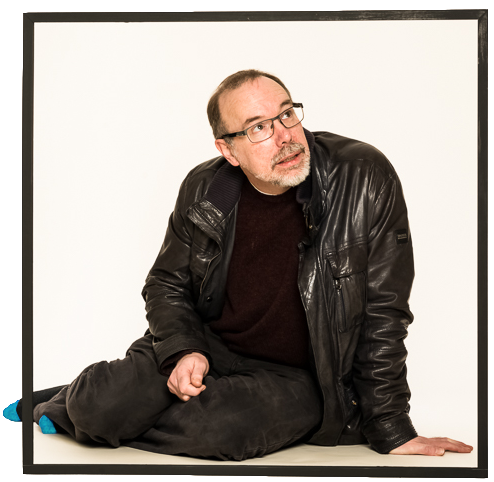WHAT MAKES A BOOK A ‘CHILDREN’S BOOK’?
I’ve just finished Michael Frayn’s Spies, in which two prepubuscent boys concoct fantasies about the secret lives of their neighbours and relatives, accidentally uncovering sadder secrets than the ones they suspect. It’s a very well written Second World War tale covering slightly over-familiar ground. Many readers will see the ending coming (if not the extra, final ‘twist’ that Frayn doesn’t quite succeed in bringing off) but so what? Originality is over rated – give me predictable but convincing over shock/stretch the credulity endings any day.
I finished the book in bed, before turning off the light (most novel reading, I suspect, takes place on holiday, or in bed). When I thought about the book again in the morning, one thing confused me. What made it an adult, rather than a children’s or Young Adult novel?
The length, possibly. I’d guess Spies is about 70,000 words long (or a quarter of the new J.K.Rowling) but I’ve had a couple of longer books for Young Adults do well. It can’t be that.
The difficulty of the prose? Hardly. it’s a sophisticated read but anyone with a reading age of twelve shouldn’t have problems with the lucid, uncomplicated writing.
The content, then? There is a fair amount of sex, but it’s all well below the surface, hinted at, part of the mysteries of adulthood that the protagonists try, and fail, to fathom. The book has a redundant framing device in which the narrator is in his sixties. Stephen’s rather world weary and sorry for himself, keen on emphasising the huge distance between his current self and his younger self. This might be a little offputting for younger readers. There’s a little humour around the child protagonists’ inability to understand certain adult rites, but decoding these situations would appeal to most young readers.
No, the reason that Spies is an adult novel is that Michael Frayn is an adult author, who expects adult sized advances. His novels are read by adults who find his books on the two for a fiver or three for two stands in Waterstones and WHS, where they won’t find books by say, David Almond or Celia Rees (or me) that they might enjoy just as much. Lots of younger readers will find Spies too because they don’t restrict themselves to YA fiction. Having enjoyed it, their parents might even pass the finished copy over on holiday. But such traffic tends to be one way. Few adults will take one of the YA novels that their children bring with them – they’d be embarrassed to be seen with it on the beach.
For this reason, I can’t understand why one of my favourite adult novelists, Michael Chabon (author of the excellent Wonder Boys) has published a Young Adult novel, Summerland. I can guess why he wrote it. Serious writers generally write what they have to write, as against what they want or ought to write. I look forward to reading it. But why has he let it be published as a YA novel? The genre is supposedly hot at the moment, but even so, sales are miniscule when compared to adult fiction. Maybe Chabon’s gambling that, since his last book won the Pullitzer Prize, he can do whatever he likes. Financially, maybe he can. But when he sees the dip in sales, I doubt he’ll do it again.
Adele Geras has an article in the current issue of The Author (quarterly journal of The Society Of Authors, which I belong to) where she describes the joys of writing adult fiction after years of children’s and Young Adult. At the end of it, she concludes that, when she next has an idea for a YA novel, she’ll turn it into an adult novel instead. Why don’t I do that? I asked myself after finishing the piece. It’s a question I’ll doubtless ask myself again and again over the next two weeks in France, when I’ll be plotting my next novel. What would make the idea I’m toying with into a YA/adult crossover title? More sex or violence? More words? More sophisticated writing, or ideas?
Don’t send in your answers. I already know what it comes down to: marketing. My former publisher (we both moved on), David Fickling has recently taken to publishing YA versions of novels that also appear in an adult guise, with the result that the writer gets two sets of reviews and, maybe, sales (inevitably, the adult books vastly outsell the YA ones). My adult agent has told me to put a clear distance between my YA and my adult work, to establish a separate, adult Belbin brand. But maybe the opposite is true. I should write exactly what I want to write, then try and sell the novel to two different publishers.
A wild dream, I know. My brain must need a rest. Time for a holiday.
